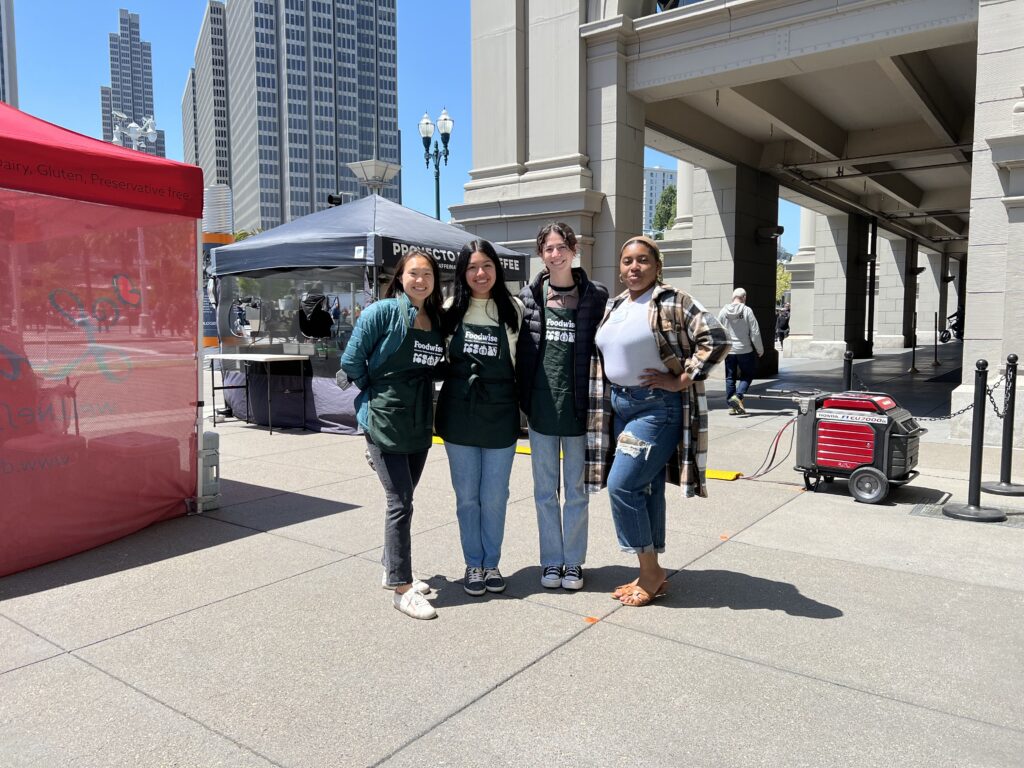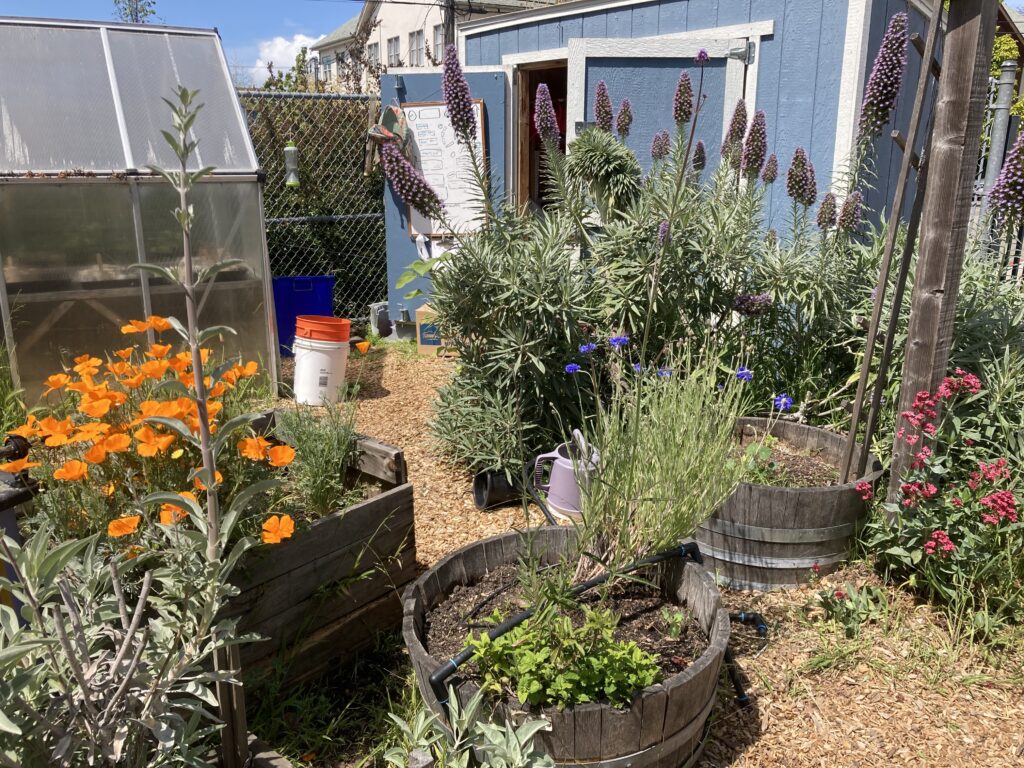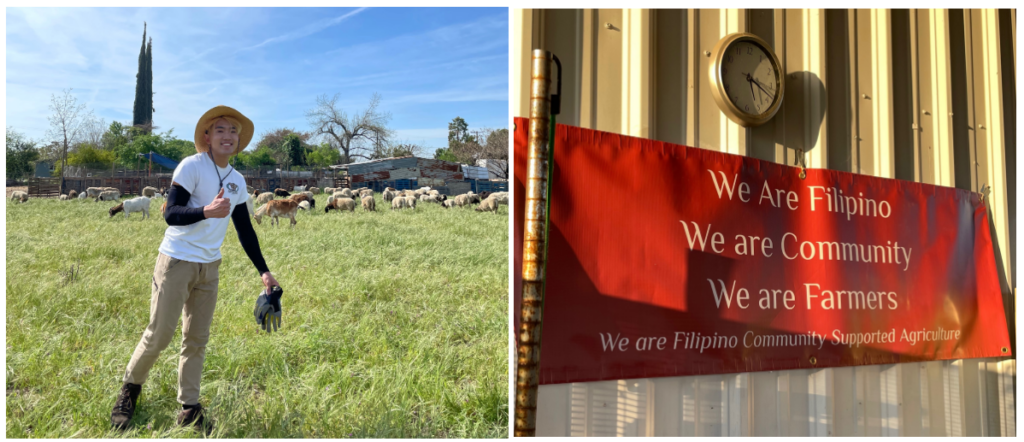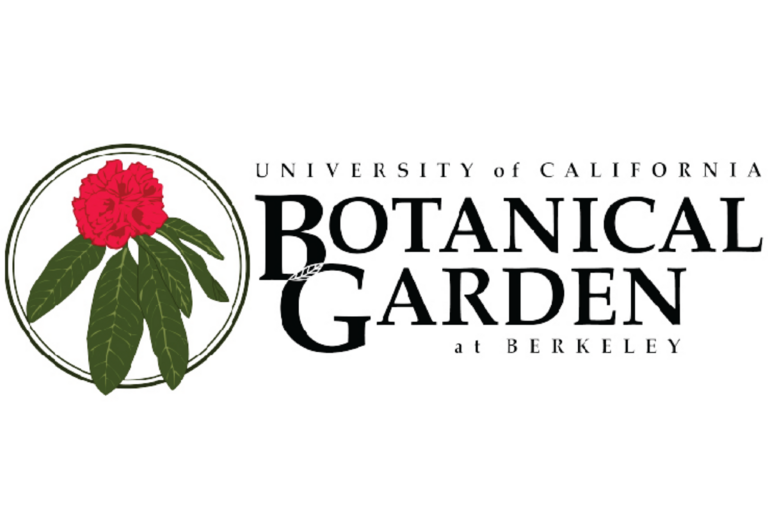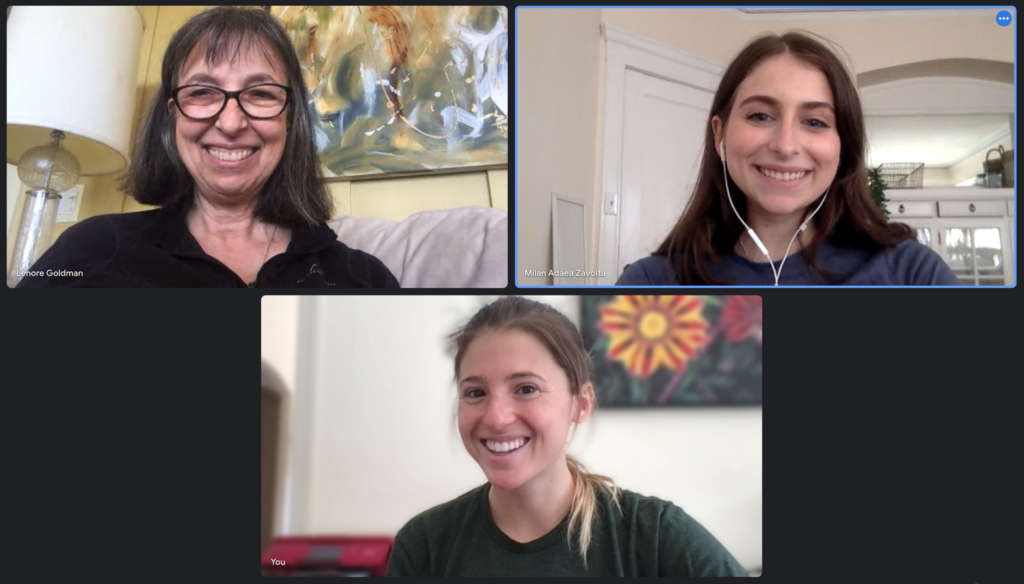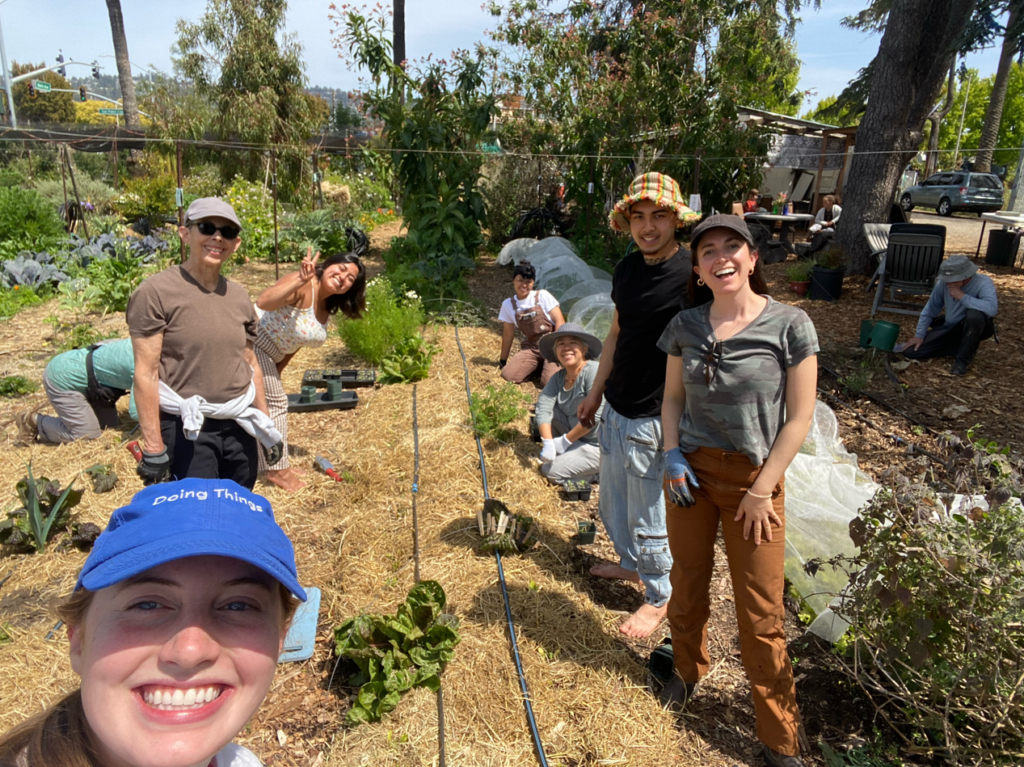
Genna Fudin
Spring 2022
The community partner I worked with for my Food Systems minor capstone project was Farms to Grow, Inc., a non-profit organization based in Oakland, CA and co-founded by Dr. Gail P. Myers in 2004 which advocates for black, brown, and marginalized farming communities in California and across the country. Farms to Grow, Inc. has many exciting projects that they have been sharing with the community throughout the years, such as their Community Supported Agriculture (CSA) program which delivers produce bags and is available for pickup around the East Bay, San Francisco, and Marin, the Freedom Farmer’s Market located in Oakland’s Temescal District, and their newer program of hosting free educational workshops for farmers in Fresno, Yolo, LA, and Bakersfield Counties with the support of a California Department of Farm and Agriculture (CDFA) Specialty Crop Block Grant.
A lot of the work I specifically did for my internship experience was working closely with the Executive Director of Farms to Grow, Elaine Smith, by conducting research on crop growing specifications for specialty crops as well as finding nurseries nearby the workshop locations for Elaine to source dwarf fruit trees from to give to the workshop participants. I am so thankful for the opportunity I had to continue working with Elaine and Farms to Grow, Inc. as I began volunteering with them back in Fall 2020 and interning for the organization helped me expand my working knowledge of engaging in local food systems.
I highly encourage people to check out the Farms to Grow, Inc. website and look into subscribing to the CSA, attending the Freedom Farmer’s Market, or getting involved in other ways such as: volunteering opportunities and the many events and resources available to the community. https://www.farmstogrow.com/


